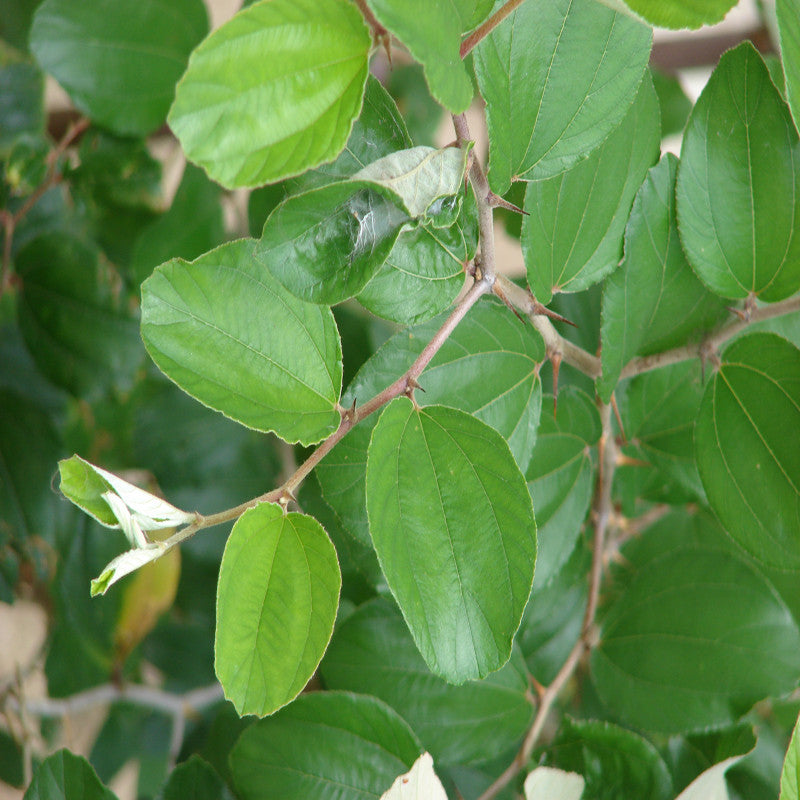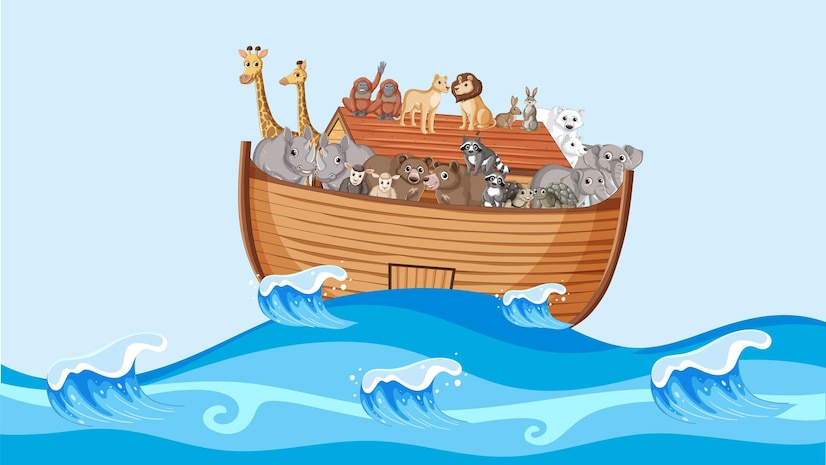In an era where the health of our oceans is increasingly threatened by climate change and pollution, the contributions of leading researchers like Weilei Wang are more crucial than ever. Wang’s innovative approach to ocean studies not only illuminates the complexities of marine ecosystems but also engages younger audiences eager to make a difference. Through his compelling work, he has creatively bridged the gap between academia and activism, capturing the imaginations of aspiring scientists and conservationists.
Weilei Wang’s oceanic research primarily revolves around understanding the multifaceted interactions within marine environments and how these systems respond to anthropogenic influences. His pioneering studies include advanced ocean modeling techniques, intricate assessments of ocean dynamics, and groundbreaking analyses of marine biodiversity. In this article, we will delve into some of his most notable contributions, illustrating how they shape our understanding of ocean health and inspire the next generation of environmental stewards.
1. Advancements in Ocean Modeling
One of Wang’s significant contributions lies in the development of sophisticated models that simulate ocean behavior under various scenarios. Using computational fluid dynamics, he has pioneered methodologies that predict the impact of climate change on ocean currents and temperatures. This work is vital for understanding how shifts in these physical attributes can affect marine life and ecosystems.
The models developed by Wang not only offer valuable insights for scientists but also present compelling data for activists and policymakers. By visualizing the potential dire consequences of neglecting our oceans, he empowers younger audiences to advocate for sustainable practices that mitigate environmental degradation.
2. Investigating Marine Biodiversity
Wang has made significant strides in marine biodiversity research, exploring the intricate web of life within our oceans. His studies often focus on keystone species, which play a crucial role in maintaining the structure and function of marine communities. By elucidating the relationships between these species and their environments, he sheds light on the delicate balance that sustains marine ecosystems.
For instance, Wang’s exploration of shark populations highlights not only their pivotal role in regulating fish populations but also the cascading effects of their decline due to overfishing. His findings serve as a rallying cry for younger ocean advocates to engage in shark conservation efforts, emphasizing their indispensable role in protecting oceanic health.
3. Role of Ocean Chemistry in Climate Change
Wang’s research delves deep into the chemical composition of ocean waters and the crucial interactions between carbon dioxide and marine organisms. His studies illustrate how excess CO2 absorption lowers ocean pH, leading to phenomena such as ocean acidification. This progressive change poses a substantial threat to calcifying organisms, like corals and shellfish, vital to marine ecosystems.
The alarming findings from Wang’s research underscore the urgent need for climate action. By disseminating this knowledge through engaging formats, such as social media and educational seminars, he captures the attention of a youth demographic that is increasingly concerned about environmental sustainability.
4. Community Engagement and Outreach
However, Weilei Wang’s contributions extend beyond his academic endeavors. He actively participates in community outreach programs, collaborating with local schools and organizations to raise awareness about marine issues. Through hands-on workshops and interactive presentations, he cultivates an interest in ocean science among young people, encouraging them to explore careers in marine research and conservation.
Such initiatives help demystify complex scientific concepts while fostering a sense of responsibility towards marine stewardship. For example, Wang’s involvement in citizen science projects empowers students to collect and analyze data, transforming them from passive observers into active participants in the quest to protect ocean health.
5. Collaborative Research Efforts
Understanding that the challenges facing our oceans cannot be addressed in isolation, Wang often collaborates with interdisciplinary teams. Partnering with ecologists, economists, and social scientists allows for a holistic approach to ocean research. By examining how social and economic factors influence marine resource management, he provides a more comprehensive perspective on sustainable practices.
This collaborative ethos also resonates with the newer generations, who value teamwork and interdisciplinary approaches. Young activists and scientists are increasingly recognizing that by uniting diverse skills and knowledge areas, they can tackle the multifaceted problems facing our oceans more effectively.
Conclusion: Inspiring Future Generations
Weilei Wang’s ocean citations encapsulate a wealth of research contributions that not only advance scientific understanding but also galvanize youth involvement in marine conservation. His innovative methodologies and dedication to community engagement create an inviting atmosphere for the younger audience—encouraging them not just to learn about the ocean, but to take actionable steps toward its preservation.
As the youth stand at the precipice of change, armed with the knowledge imparted by forward-thinking researchers like Wang, they possess the power to influence policies, advocate for sustainable practices, and lead the charge in protecting our fragile blue planet. These efforts bridge the temporal divide, ensuring that the ocean’s future remains bright and vibrant for the generations to come.














